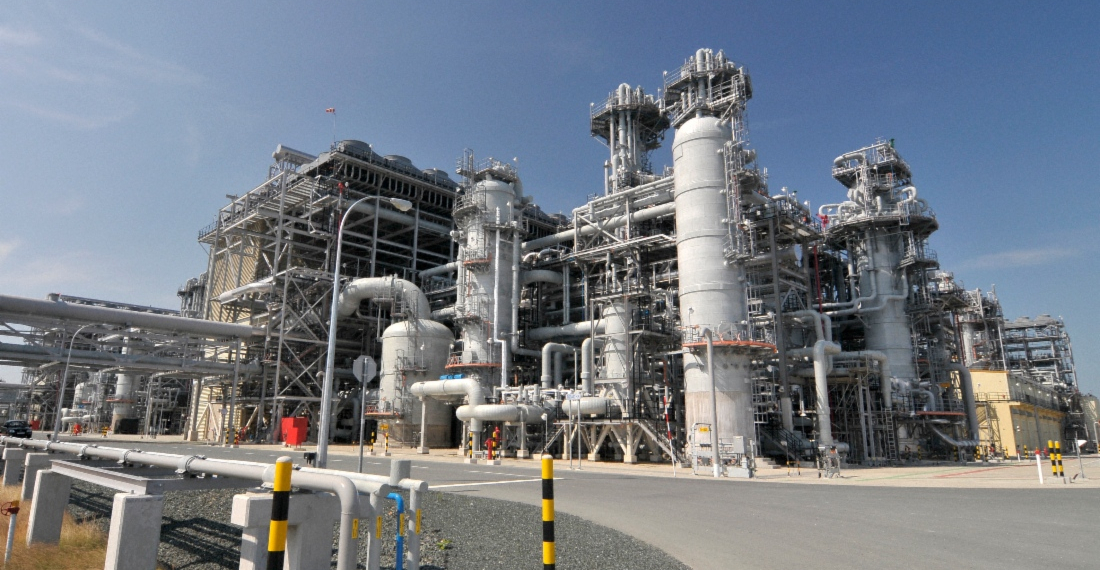Eastern Siberia and the Russian Far East are top priority regions for Gazprom in the long term.
The gas giant intends to build an LNG plant with an annual capacity of 1.5 mln tonnes near the Far Eastern city of Vladivostok, and another facility on the Black Sea coast, which will have a production capacity ranging between 500,000 and 1.5 mln tonnes. Gazprom currently has only one functioning LNG plant, the Sakhalin-2 facility. The project was launched in 2009 and now expansion plans are under consideration.
Gazprom initially intended to construct a large-capacity plant as part of the Vladivostok LNG project. Its first stage was expected to be launched in 2019 and later, production capacity could be expanded to 15 mln tonnes per year, Research Director at Vygon Consulting Maria Belova noted. However, in her words, the company put the plan on the back burner in 2015, deciding to give priority to expanding the Sakhalin-2 project.
According to Sergei Kapitonov, gas industry analyst at the Moscow School of Management SKOLKOVO Energy Center, Gazprom needs foreign gas-to-liquids technologies. "Russia currently does not have its own LNG technology, except for Novatek’s Arctic Cascade, which hasn’t been put into operation yet," the expert noted. However, Belova is more optimistic: Gazprom can take advantage of the relatively low capacity of its new projects and implement them on its own, without attracting foreign investment.
Eastern Siberia and the Russian Far East are top priority regions for Gazprom in the long term.
The state policy on the gas industry development in eastern Russia is outlined in the Development Program for an integrated gas production, transportation and supply system in Eastern Siberia and the Far East, taking into account potential gas exports to China and other Asia-Pacific countries (Eastern Gas Program). Gazprom serves as the Program co-ordinator.






